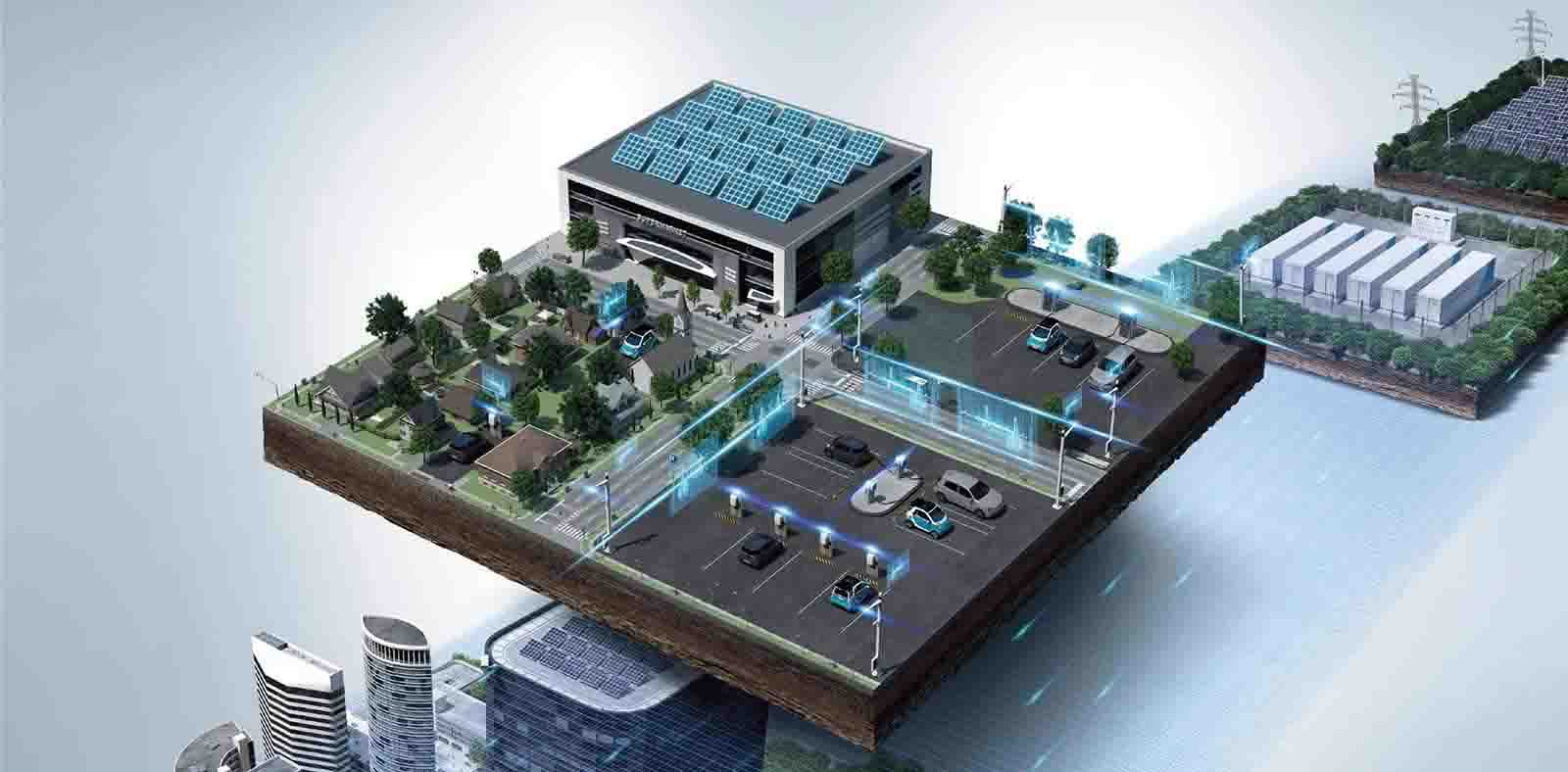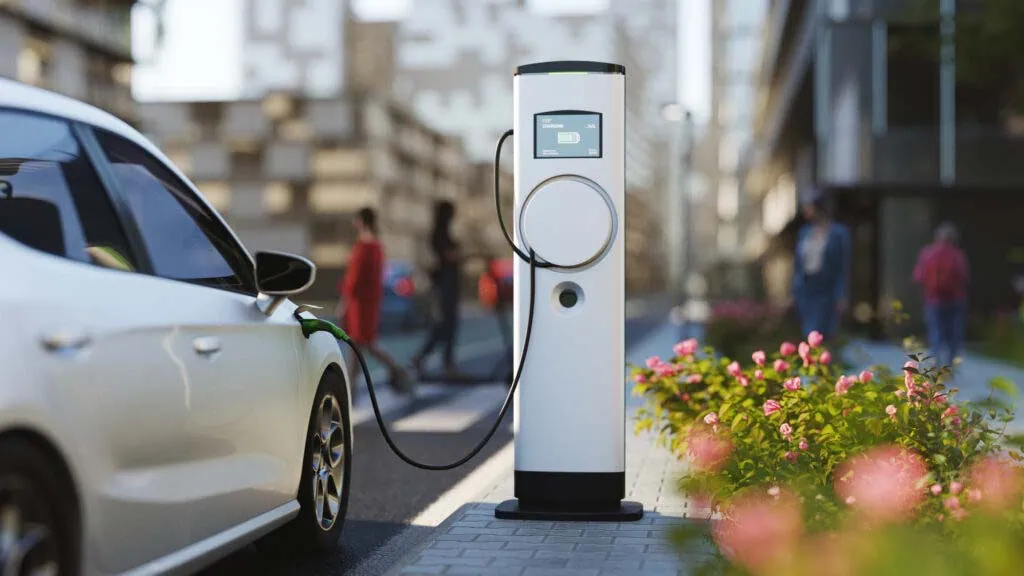Are you ready to electrify your future? DataField is here to power your success with our end-to-end solutions for EV charging station infrastructure design.
From market area planning to site-specific infrastructure, we’ve got you covered with comprehensive services that encompass everything from site walks to PE stamps. With DataField by your side, you can rest assured that your EV charging stations are optimized for user accessibility while being fully compliant with industry requirements.

These are a few of the fantastic services we offer in the electric vehicle charging station industry:
Experience the advantage of our hands-on approach as we combine cutting-edge technology with boots-on-the-ground expertise. Our site-walk services offer an initial assessment of your property to pinpoint the perfect location for your EV charging stations. Have total confidence in your site selection based on our extensive knowledge and industry know-how.
Power up your project with our power services. We’ll evaluate your power supply infrastructure to ensure it meets your EV charging station needs. We visit the site and liaise with utility providers on your behalf to work together in determining the most efficient strategy to deliver power to your charging station, whether from the utility grid or a renewable energy source.
Precision is key, which is why we utilize Computer-Aided Design (CAD) software to create accurate plans that satisfy all regulatory and permitting requirements. Our comprehensive package includes schematics tailored to your specific charger type, power needs, and design preferences including:
Everything we do to help get your project off the ground is in accordance with all regulations.

Navigating the complexities of construction permitting is a breeze with our expert services. We’ll take care of:
Our priority is for safe and compliant construction that accurately and efficiently gets the job done.

We collaborate with local utilities to guarantee your EV charging station infrastructure project ticks all the boxes for utility connection and usage. By working closely with utilities, we identify the most efficient and cost-effective solutions for powering your charging stations.
Gain invaluable insights with our feasibility studies. DataField delivers in-depth analysis and assessment of the technical, financial, and environmental viability of your EV charging station infrastructure project. We consider factors such as available power sources, construction costs, and environmental impact to help you make well-informed decisions.
Stay connected with our fiber layout design services. We collaborate with you to determine the ideal approach for delivering high-speed connectivity to your charging stations to support your EV charging station infrastructure. Whether it’s through wired or wireless connections, you can trust DataField to provide the most efficient, effective, and affordable solution.

Maximize your charging potential with our set-up services. We work with you to devise the best approach for your charging stations to ensure they are optimized for your specific charger type. From Level-1 chargers to the most advanced charging technologies on the market, DataField is here to help.
When you partner with DataField, you can create EV charging stations that are both accessible and safe for all users. We consider factors such as:
Our analysis helps guarantee your charging stations are optimized for user accessibility and meet all compliance standards.

Our Professional Engineer (PE) stamps offer peace of mind that your EV charging station infrastructure project adheres to all relevant safety and engineering standards. Upon approval, we will deliver your completed package in your preferred format so you can move forward with construction.
By partnering with DataField, you set yourself up for a successful, efficient, and budget-conscious project.

EV charging station infrastructure design involves planning and creating the physical and electrical framework needed to support electric vehicle chargers. This includes assessing site-specific power requirements, designing electrical systems, integrating components like transformers and panels, and ensuring compliance with local codes and safety standards. The goal is to provide a reliable and efficient charging environment for EV users while supporting future scalability.
Key challenges include securing sufficient grid capacity to handle increased power demands, navigating complex permitting and zoning requirements, and addressing site-specific constraints like space availability and electrical connectivity. Designers also need to plan for future growth while balancing initial investment costs with long-term functionality and reliability.
EV charging stations can significantly increase demand on local electrical grids, particularly during peak usage times. This may require upgrades to transformers, substations, or distribution lines. Infrastructure design mitigates these impacts by incorporating features like load management systems and distributed energy storage, ensuring grid stability and efficiency.
An experienced design company ensures that all aspects of the project, from site evaluation to system layout, are optimized for efficiency and compliance. Their expertise helps navigate regulatory hurdles, reduce project delays, and create designs that are cost-effective and scalable. This professional approach results in robust infrastructure capable of meeting current and future charging needs.
The timeline varies based on factors like project complexity, permitting requirements, and site conditions. Initial design and planning may take several weeks to months, while installation and testing can add additional time. On average, small projects can take 3-6 months, while larger, more complex setups may extend beyond a year.
Renewable energy sources, such as solar or wind power, can be integrated into EV charging infrastructure to reduce reliance on traditional grid electricity. This integration supports sustainability by lowering greenhouse gas emissions and offering energy resilience. Infrastructure designs may include on-site renewable generation and energy storage systems to enhance overall efficiency.
By creating the foundation for widespread EV adoption, charging infrastructure design plays a vital role in reducing transportation-related carbon emissions. Thoughtful designs prioritize energy efficiency, renewable integration, and scalability, supporting the transition to cleaner energy and encouraging the use of electric vehicles for a more sustainable future.